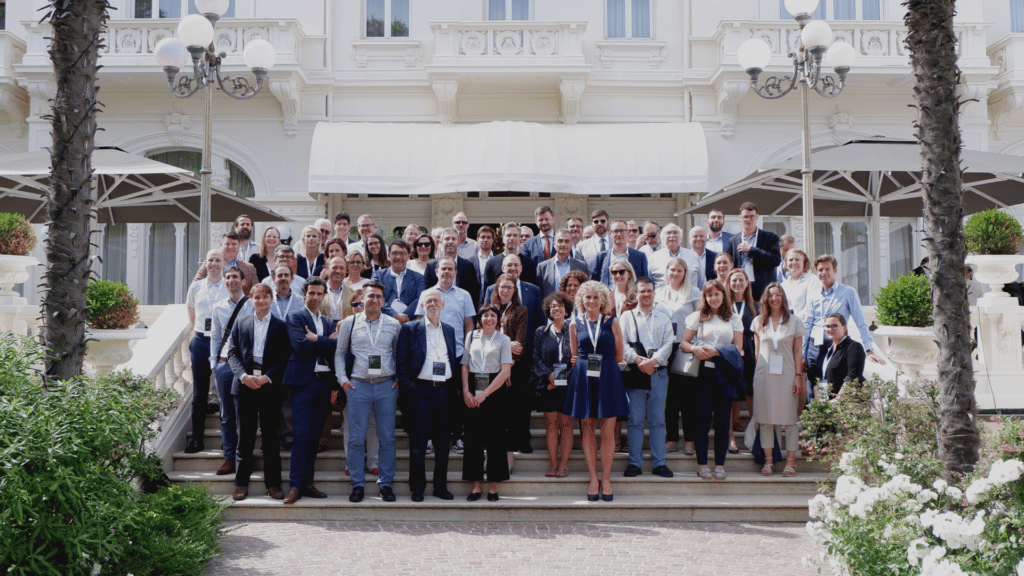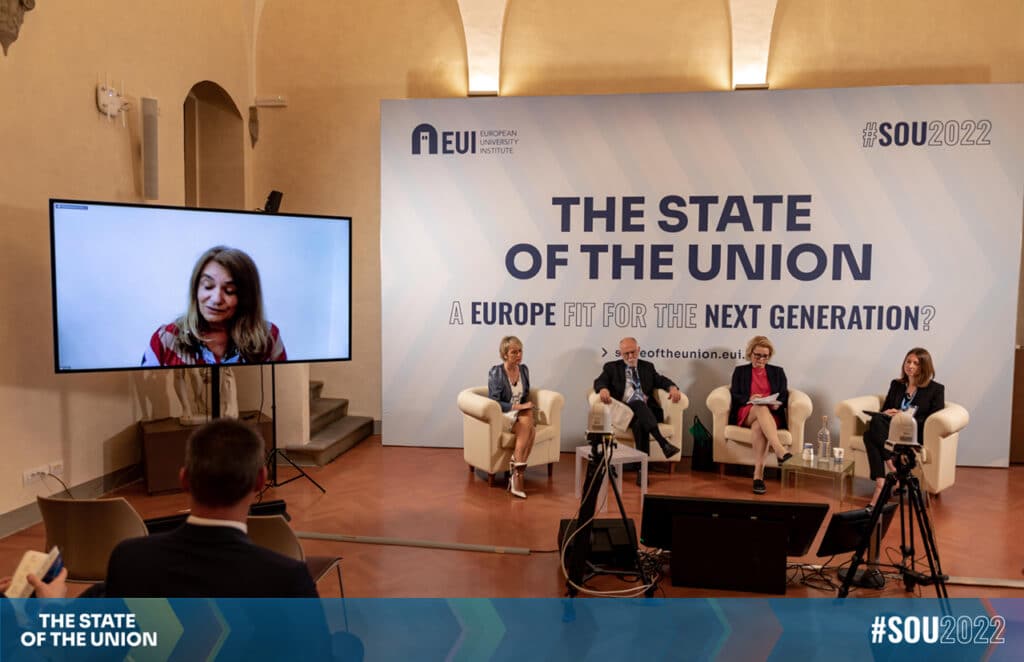Global standard essential patent litigation: anti-suit and anti-anti-suit injunctions
A working paper written by Igor Nikolic, Research Fellow at the Florence School of Regulation - Communications and Media.
The global litigation of standard essential patents (SEP) is taking a new turn with the jurisdictional battle between national courts. Some courts have started issuing anti-suit injunctions (ASI) to prohibit parallel litigation and consolidate the dispute at a single venue, while others have retaliated with anti-anti-suit injunctions (AASI), barring parties from seeking or enforcing foreign ASIs.
The anti-suit injunction saga benefits no one: the parties in SEP licensing disputes are faced with legal uncertainty as to which court will hear their case; it incentivises a race to the court to secure the most favourable jurisdiction instead of focusing on licensing negotiations; it increases litigation costs of having to pursue multiple ASIs and AASIs; and parties face fines and imprisonment of officials for non-compliance.
The article examines the general conditions for the grant of ASIs and AASIs and analyses their application in SEP disputes. The article then proposes three measures that courts can take to stop the global jurisdictional race.
First, courts should exercise judicial restraint and return to the originally strict criteria for the granting of ASIs. In principle, ASIs in SEP cases should not be granted as they are incompatible with international comity, fundamental rights to property and access to a court. Only anti-enforcement injunctions may exceptionally be granted, and under strict conditions.
Second, a court could hold a party seeking an ASI as ‘unwilling’ to license, acting as a strong deterrent from seeking this type of remedy.
Third, courts could encourage parties to agree on the arbitration of FRAND licensing terms by holding that an unjustified refusal to enter into arbitration is a sign of ‘unwillingness’ to license.
Taking these principles into account would ensure that each national court is respected and would incentivise parties to focus on the resolution of the key issue behind every SEP dispute – the appropriate FRAND licensing terms.






